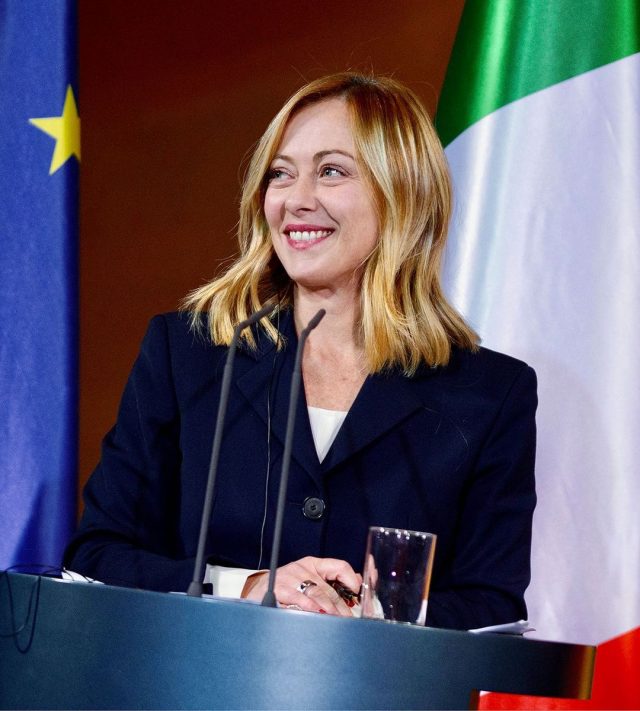
Giorgia Meloni, continues to strenuously defend the reform of the premiership system, a significant change that aims to modify the Italian institutional structure.
Giorgia Meloni says she is convinced that the reform in question resolves a flaw in the system, preventing the President of the Republic from having to take on the role of substitute in the formation of governments in the absence of clear majorities. “I wanted the reform” said Meloni, underlining her commitment and determination in carrying forward this initiative, despite criticism and parliamentary tensions.
The reform of the premiership proposed by Meloni is based on some fundamental motivations including that of guaranteeing greater political stability. The current system, in fact, has often forced the President of the Republic to intervene directly in the formation of governments due to the lack of clear majorities resulting from the elections. This created a situation in which the President of the Republic, a figure of constitutional guarantee, found himself having to “enter the political arena”, compromising, according to Meloni, his function of guarantee.
Meloni argued that, with the premiership, the role of the President of the Republic will return to that envisaged by the Constitution: entrusting the task of forming the government on the basis of the indications of the political forces, without having to choose the government in the event of political stalemate. “The freedom to choose the government”, insists Meloni, “is not provided for by the Constitution except when the political forces do not express a majority”.
The Details of the Reformation
Direct Election of the Premier:
This change aims to give stronger democratic legitimacy to the head of government, who will be chosen directly by the citizens.
Strengthened Powers of the Premier:
The Prime Minister will have greater executive powers, including the ability to dismiss ministers, thus increasing the stability and effectiveness of the Executive.
Preservation of the Powers of the President of the Republic:
While strengthening the role of the Prime Minister, the reform keeps intact the guaranteed powers of the President of the Republic, including the powers of countersignature and the right to send laws back to Parliament for constitutional compliance.
Meloni reiterated that these changes do not debase the functions of the Head of State but rather, according to her, the reform will guarantee that the President of the Republic will no longer have to intervene directly in politics, allowing him to maintain his impartial role and constitutional guarantee.
The reform of the premiership is part of a broader political context, where Meloni is trying to balance his position between different forces in Europe. On the one hand, there is Ursula von der Leyen, President of the European Commission, on the other, Marine Le Pen, leader of the Rassemblement National in France. Meloni continues to maintain a balanced position, avoiding openly taking sides, and insisting on the need to form political majorities first and only then decide on the names of the leaders.
The italian Prime Minister has also responded, recently and on several occasions, to citizens’ questions, addressing issues such as justice, the fight against tax evasion and foreign policy. He reiterated Italy’s position on the war in Ukraine, underlining the no to the use of Italian weapons on Russian territory and the importance, at the same time, of strengthening Ukrainian defence to prevent the Russian threat from approaching, as often feared from geopolitical analysts, to Western nations.
The reform of the premiership represents an ambitious attempt to solve some of the chronic problems of the Italian political system. If on the one hand it promises greater stability and clearer government responsibility, on the other it raises, especially on the part of the opposition, concerns related to the balance of power and democracy which, instead, could be strengthened. The public debate and parliamentary discussion will be crucial to determine the outcome of this reform and its impact on Italy’s political future. Giorgia Meloni remains determined to carry out a reform defined by many as crucial for the rest of Europe too, trusting in her ability to improve the governability of the country without compromising the democratic foundations of the Italian Republic.
Alessandro Fiorentino



 Subscribe
Subscribe